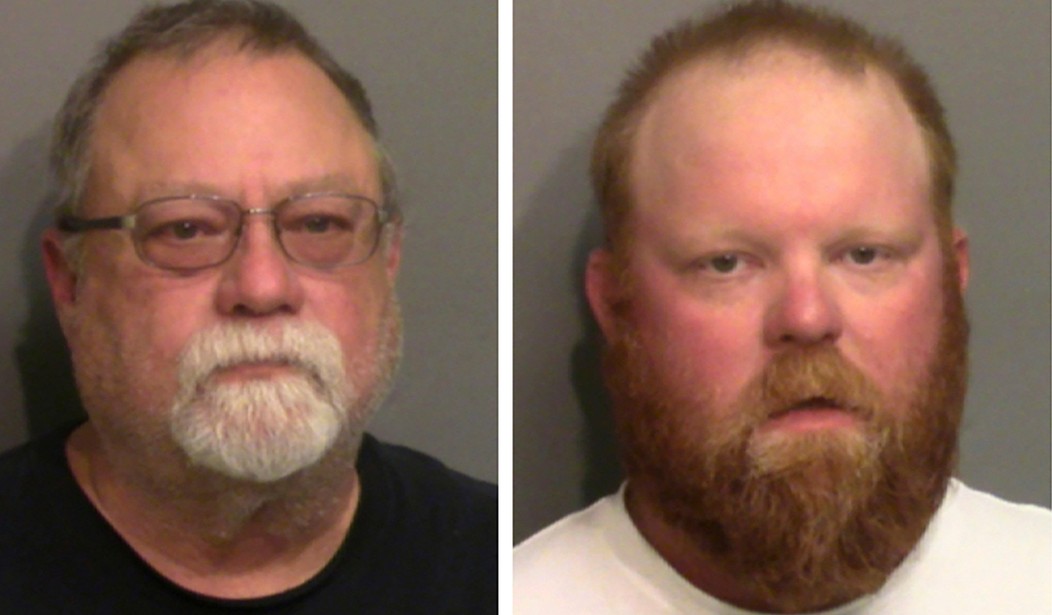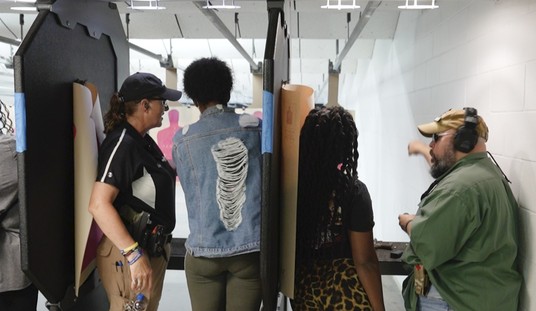I’ve been writing more about Kyle Rittenhouse’s trial this week than the one in Georgia featuring Gregory McMichael, his son Travis McMichael, and neighbor William “Roddie” Bryan, who are accused of murdering Ahmaud Arbery last February, in large part because the Rittenhouse prosecution has been so spectacularly awful that it’s hard to look away. That hasn’t been the case with prosecutor Linda Dunikoski, who’s been able to methodically lay out her argument that none of the three men involved in Arbery’s death had a legal right to chase him down as he was running through their neighborhood.
The defense maintains that the trio were attempting to conduct a lawful citizens arrest that day, but in order to do so under the now-repealed Georgia law, anyone trying to make such an arrest must have witnessed a crime take place or have “immediate knowledge” that a crime had been committed. On Wednesday, Glynn County Police Sgt. Roderic Nohilly took the stand and testified about the first conversations that he had with the defendants the day of the shooting, and undercut the McMichaels’ defense.
Reading from a transcript of his conversation with Gregory McMichael as reported by CNN, Nohilly asked “Did this guy break into a house today?”
The officer read the older McMichael’s response, “Well, that’s just it. I don’t know.”
If Gregory McMichael didn’t know if Arbery had committed a crime, then how could he have lawfully made a citizens arrest? He had no immediate knowledge that any crime had taken place that day. It was the sight of Arbery running down the street that caused him suspicion, but suspicions aren’t enough to grab your gun and chase someone down to get answers.
The father told Nohilly he recognized Arbery because he had been recorded by security cameras a few times inside a neighboring home under construction. Greg McMichael said they gave chase to try to stop Arbery from escaping the subdivision.
“He was trapped like a rat,” Greg McMichael said, according to a transcript of their recorded interview Nohilly read in court. “I think he was wanting to flee and he realized that something, you know, he was not going to get away.”
Which may be why he reached for Travis McMichael’s shotgun after trying in vain to run away from the guys pursuing him through the neighborhood; men who had already run him off the road and yelled that they would “blow your f***ing head off” if he didn’t stop.
Just as in the Rittenhouse case, this trial centers around just who, exactly, was acting in self-defense when the fatal shots were fired. But unlike the trial taking place in Kenosha, prosecutors in Georgia have already provided plenty of evidence that the defendants were the initial aggressors. In fact, on Wednesday the prosecution called another resident of the Satilla Shores neighborhood to the stand to describe what happened when he saw Arbery that day.
“He was just standing there looking around,” Matthew Albenze testified of surveillance footage another neighbor had showed him of Arbery.
On the day of the shooting, however, Albenze testified that although he felt compelled to grab his gun when he saw Arbery he called the police non-emergency line rather than 911 because he “did not see an emergency.”
Albenze’s call to a police operator played in court and he said to the dispatcher that Arbery wasn’t breaking into the house because it was open.
“Was he just on the premises and not supposed to be?” the operator asked.
“He’s been caught on camera before,” Albenze responded. “It’s kind of an ongoing thing out here.”
Albenze grabbed his gun for his own safety, but never pursued Arbery. He called police but didn’t consider it an emergency. He was concerned by Arbery being on the premise of the home under construction, but he never got in his car or hopped on his bike to track Arbery down. Remember, this is someone who actually saw Arbery in the home under construction that day, unlike the three defendants. And Albenze testified that he hadn’t spoken to either of the McMichaels or Bryan to inform them about what he’d just seen, so they were completely unaware that Arbery had been inside the construction area the day he was killed.
There’s still a lot of testimony to come, and the defense hasn’t had the opportunity to put on its own witnesses yet, but so far the prosecution’s case appears to be a strong one; yet another big difference between the trial taking place in Brunswick, Georgia and the one underway in Kenosha, Wisconsin.








Join the conversation as a VIP Member